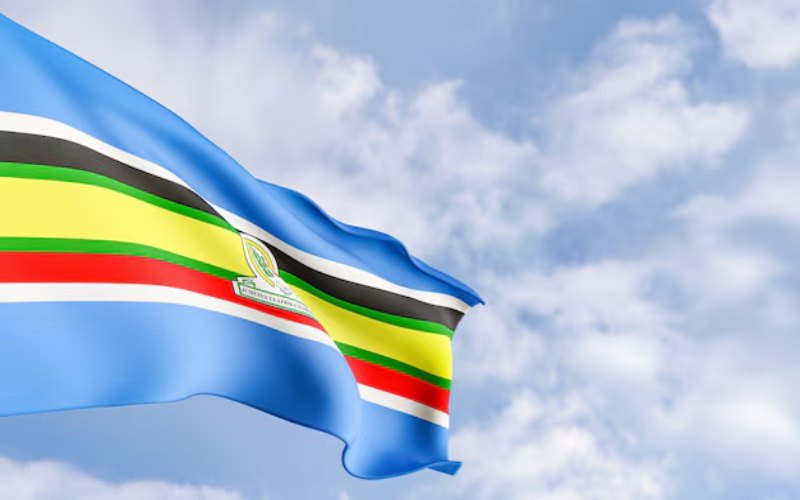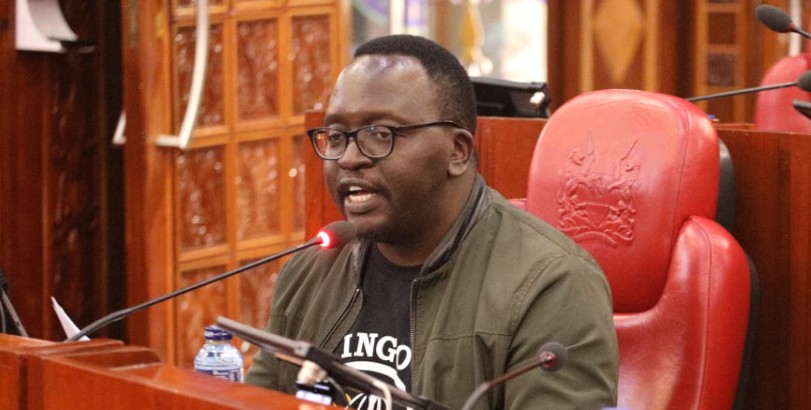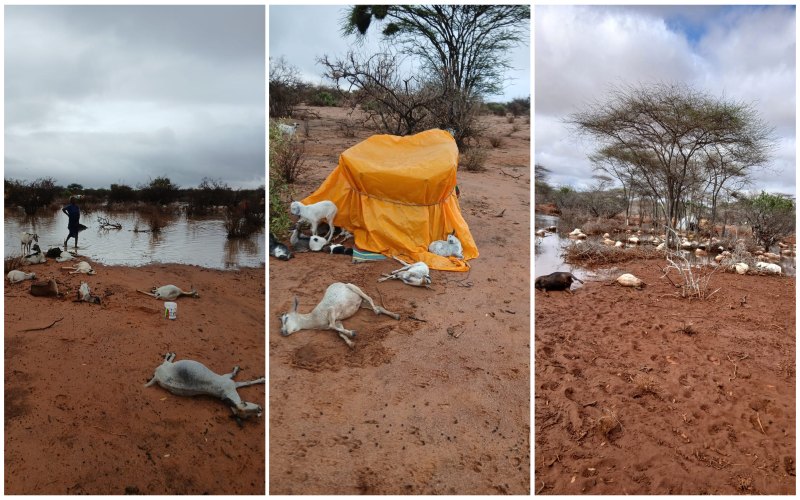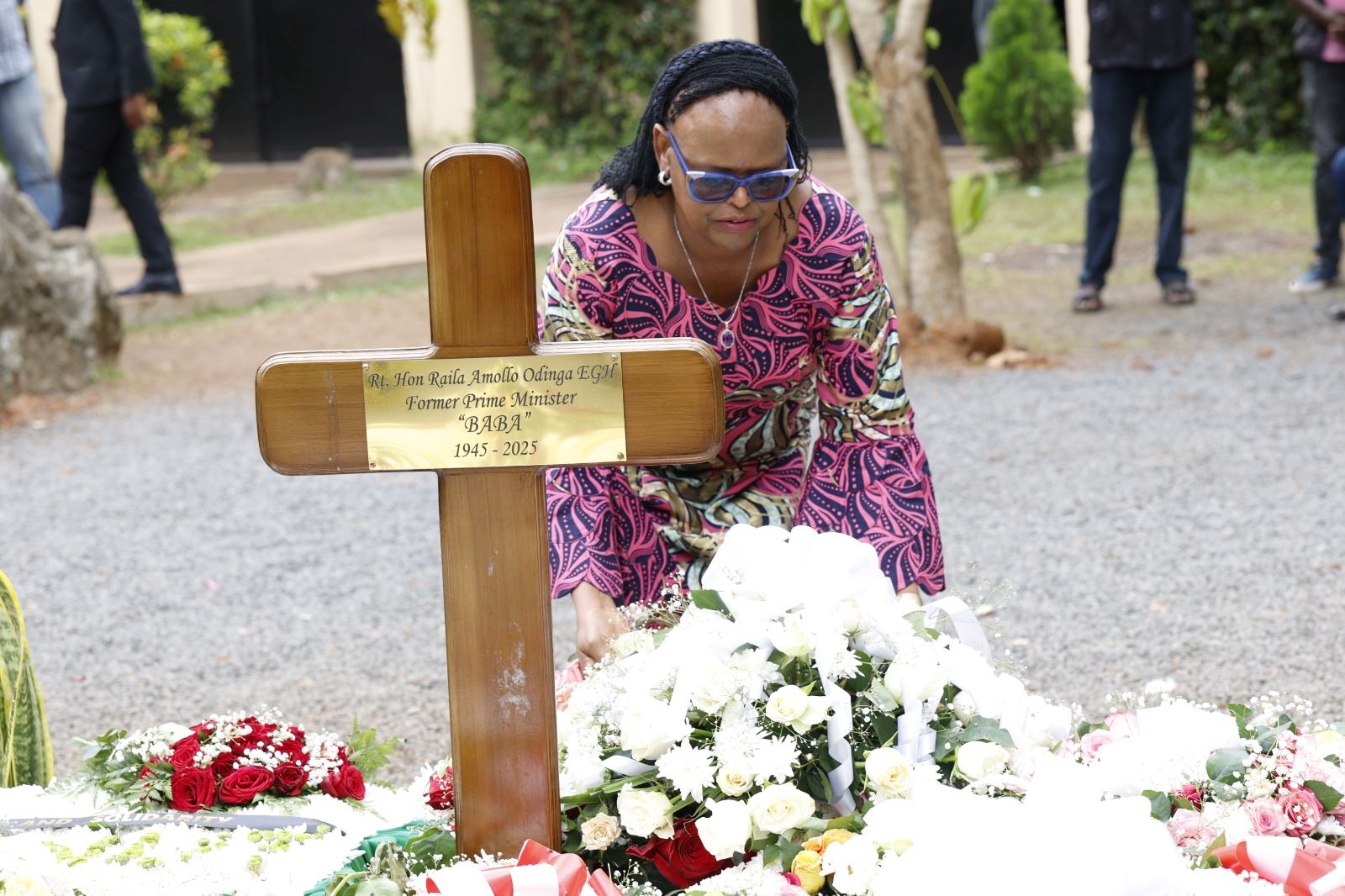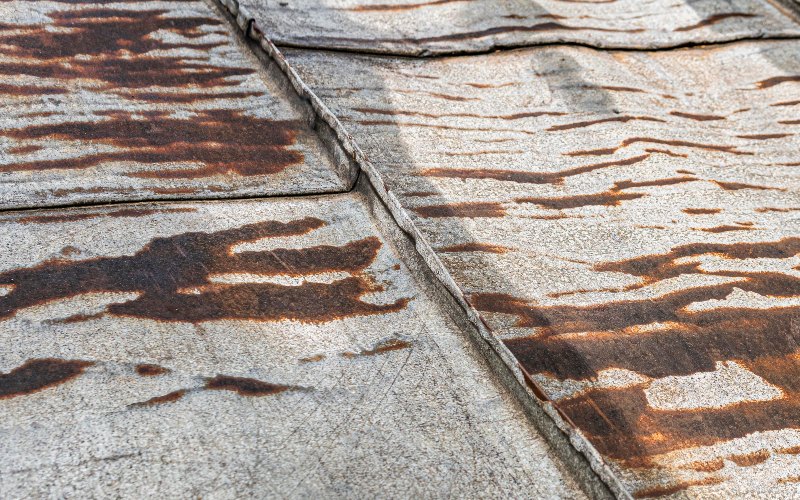Isiolo youths empowered to tackle desert locusts with innovative animal feed solution
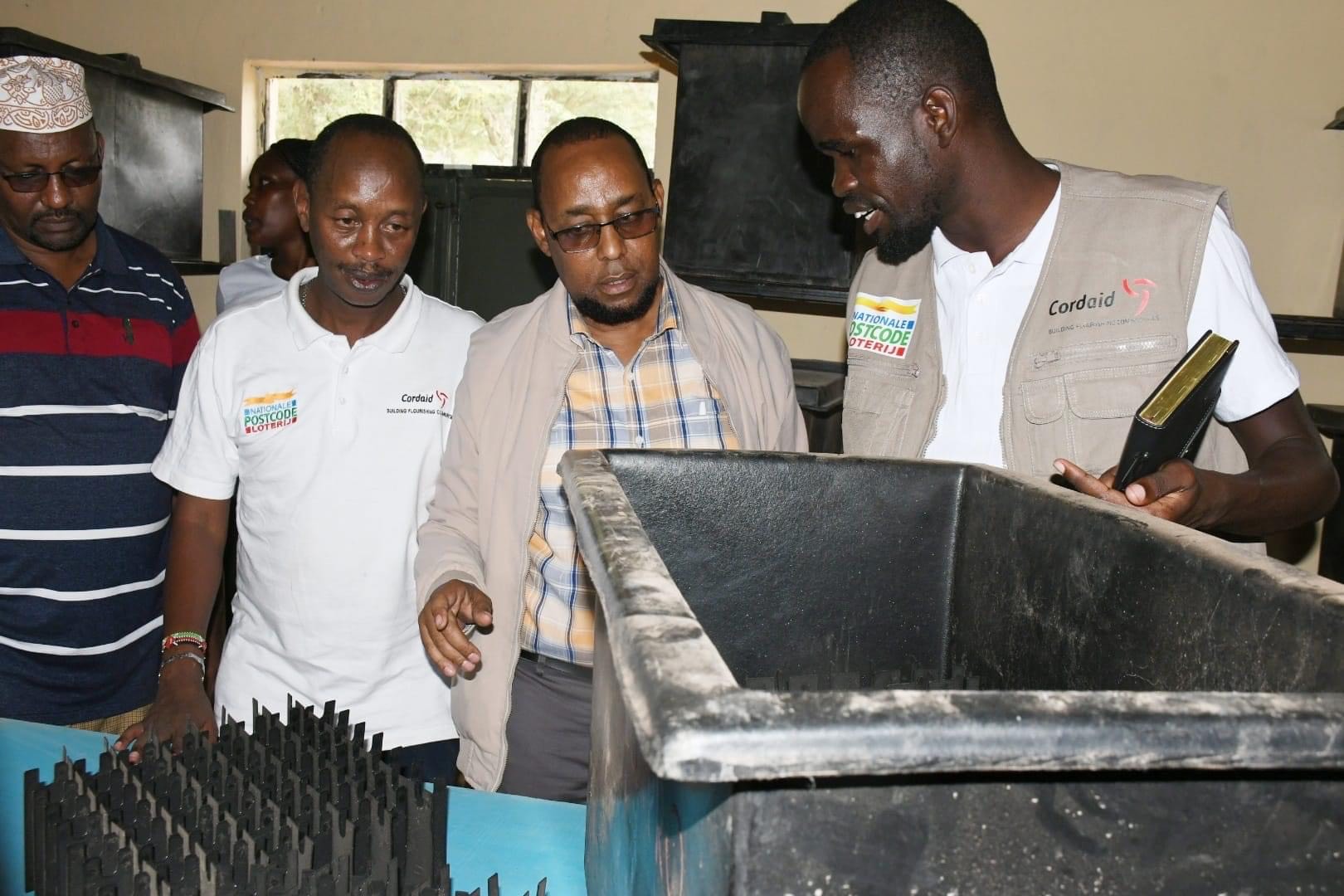
The project seeks to establish a continuously active insect value chain capable of processing desert locusts and crickets into animal feed.
To reduce the threats of desert locust invasions that are likely to increase due to climate change, youth groups in Isiolo County were sensitised on the (B) beat and eat the locust project.
The project by the International Center of Insect Physiology and Ecology in partnership with the county government and other donor organisations, aims to transform the threat posed by desert locust outbreaks into an opportunity for pastoralist communities to diversify their livelihoods.
More To Read
The project seeks to establish a continuously active insect value chain capable of processing desert locusts and crickets into animal feed.
Mohamed Boru, the Deputy County Secretary for Non-governmental Organisations Coordination and Partnerships Development said the project targets youth who will help the community have a mindset shift on how they perceive locusts and crickets processing into animal feed.
Addressing youth from the Jiinue Youth community-based organisation based in Ngaremara ward on Saturday, he emphasised the potential of the project that he said underwent a proven method.
"It has been proven that both insects are a higher protein source than fish and beef. I urge you to take this project seriously, as it has also significant economic potential through the sale of animal feeds," he said.
Accompanied by representatives from the project implementors from the Indigenous Movement for Peace Advancement and Peace Resolution, Cordaid and ICIPE, he highlighted how the project will address and serve as an alternative to the use of harmful pesticides that were sprayed on the vegetation during the desert locust invasions.
Mohamed said the local youth groups will benefit from the project where community-based organisations at the grassroots level will be trained to establish harvesting sites.
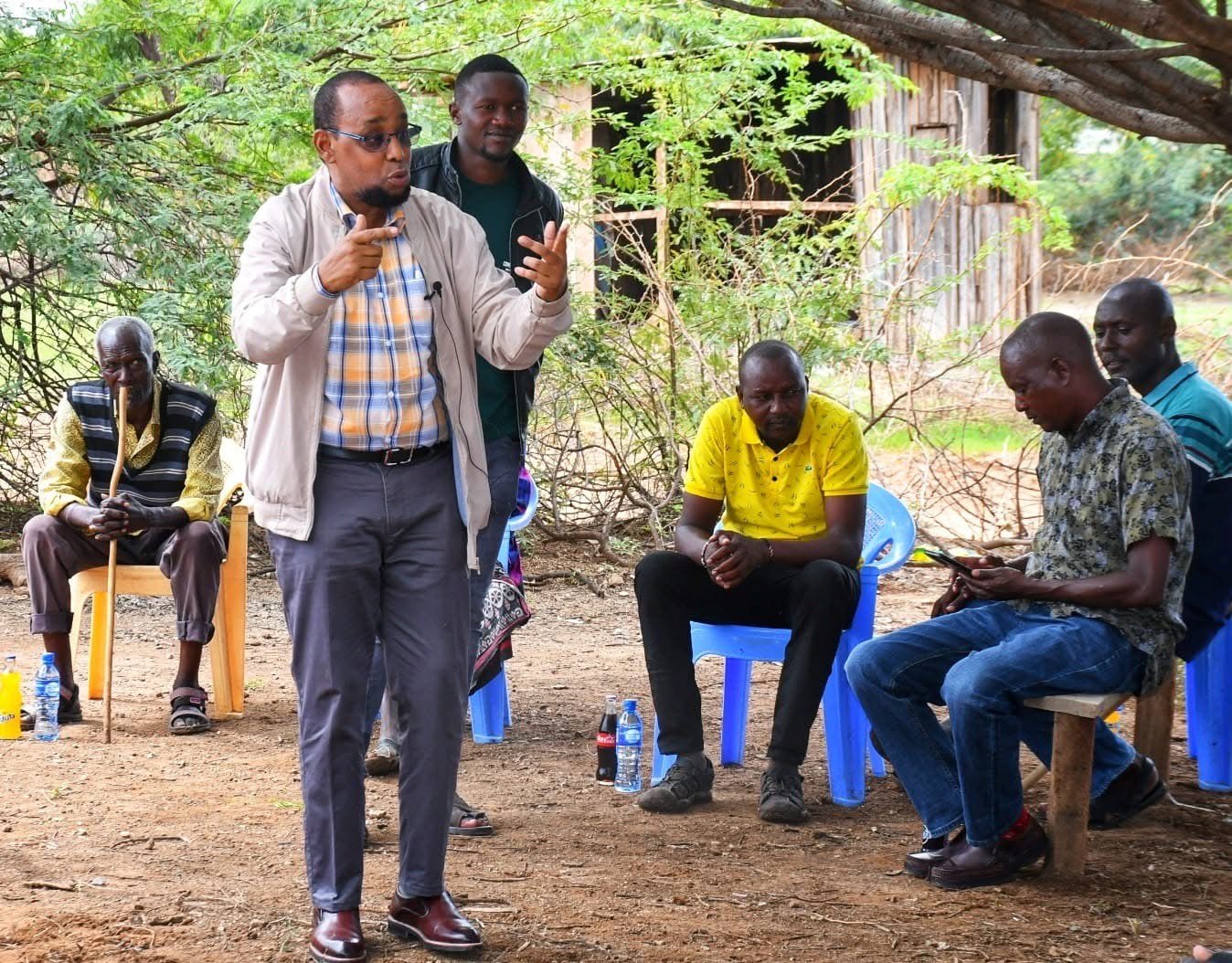 Mohamed Boru, the Deputy County Secretary for Non-governmental Organisations Coordination and Partnerships Development addressing the Jiinue youth in Isiolo County. (Photo: Issa Hussein)
Mohamed Boru, the Deputy County Secretary for Non-governmental Organisations Coordination and Partnerships Development addressing the Jiinue youth in Isiolo County. (Photo: Issa Hussein)
Bitacha Sora Bitacha, the County Director for Non-Governmental Coordination explained how the project will save the environment against harmful pesticides that were a threat to livestock pastures and pastoralists that relied on livestock as the economic livelihood.
He said there was high market demand for high-protein animal feed in Kenya, given the significant deficit and reliance on imported protein sources.
Hussein Guyo Roba, a youth leader in Isiolo said the community was sceptical about the project but they needed more sensitisation by incorporating pastoralist elders and women into the project.
"Let them sensitise the community on the environmental mitigation and how it can boost cash flow for the residents. The issue of human consumption should not arise at this point," he said.
In 2023, Kenya signed a declaration by the Intergovernmental Authority on Development (IGAD) to move towards the reduction of the use of synthetic pesticides to control locusts in anticipation that counties in arid and semi-arid areas will benefit from the adoption of insects for food and feed technologies.
ICIPE launched the (B) beat and eat the locust project for animal feeds and human consumption in November 2023, to promote resilience for the pastoralist communities in Kenya.
Top Stories Today



